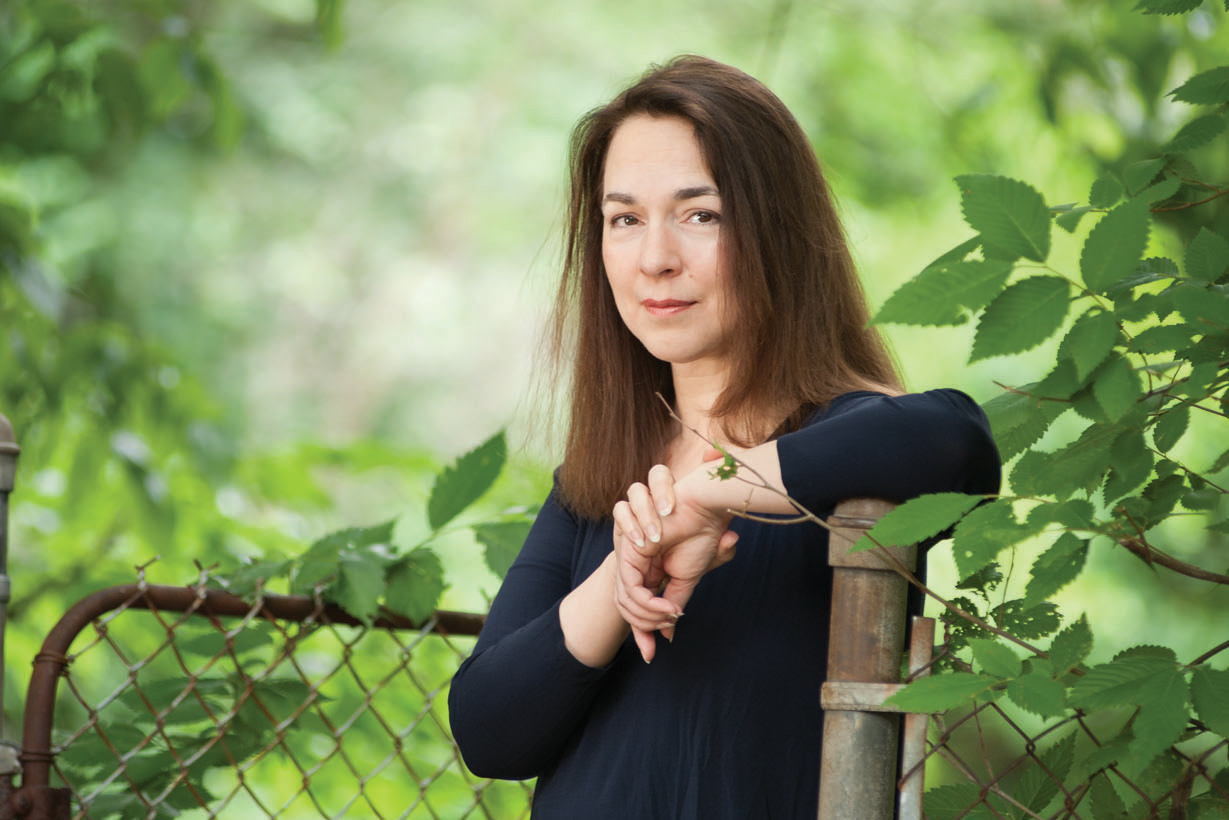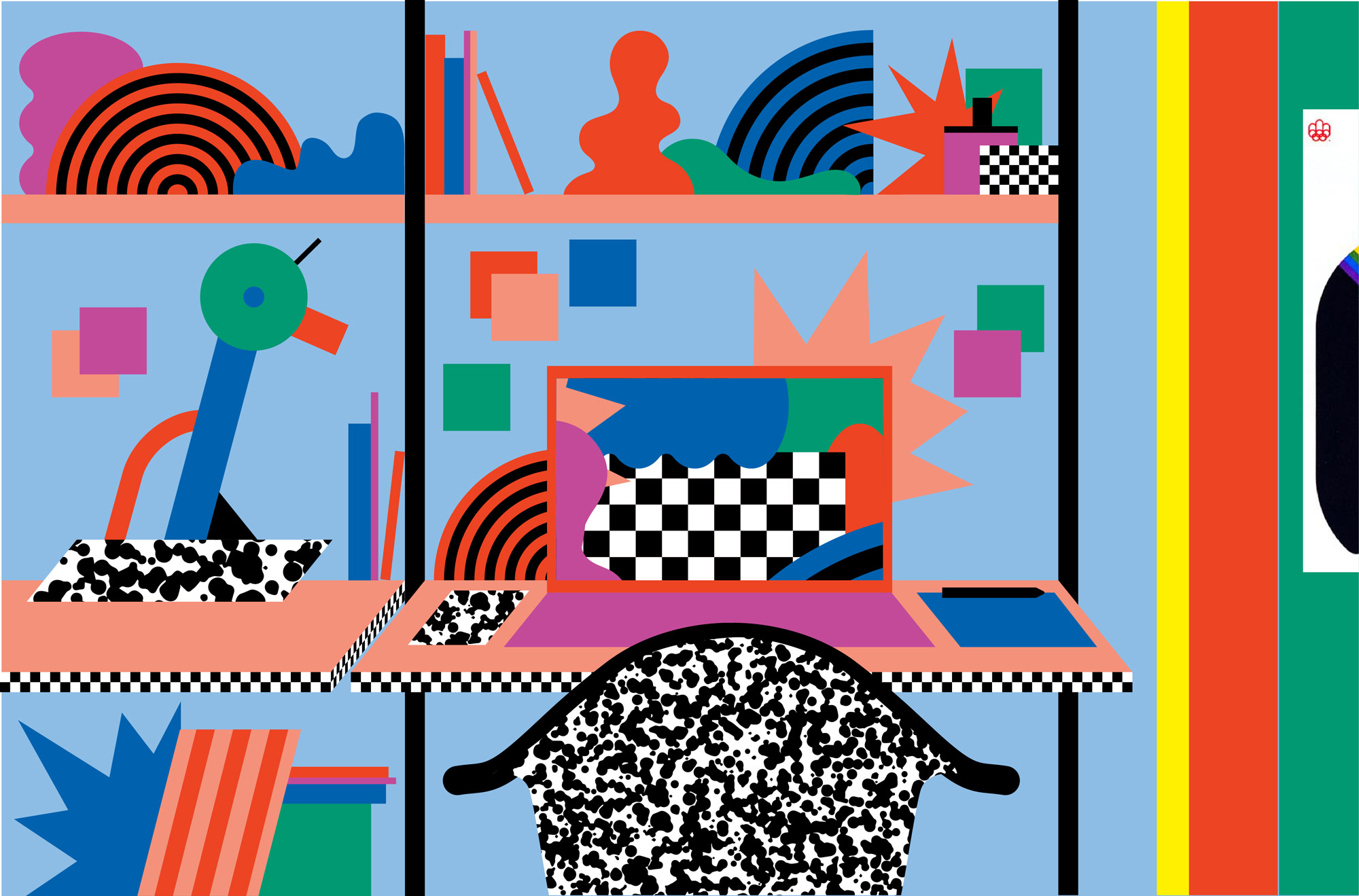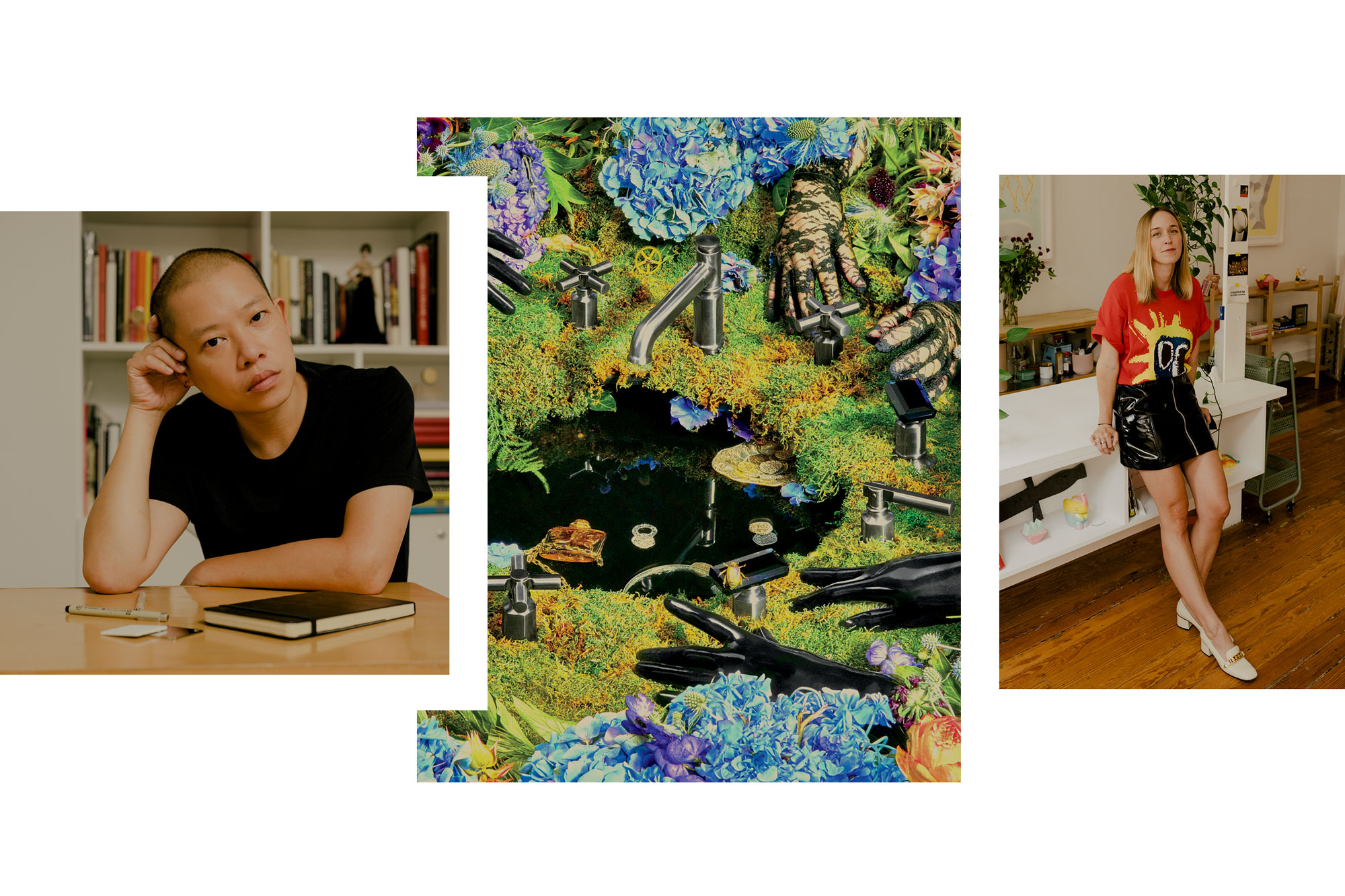Known for her dark sense of humor, Lorrie Moore’s writing is always sharp, witty, and moving, whether in the form of short stories, novels, or, in this case, critical essays. Lorrie’s latest book—See What Can Be Done—is a compilation of her cultural criticism, commentary, and essays over the years. She’s covered it all, from her earliest book reviews where she refers to Margaret Atwood’s character Zenia from The Robber Bride as “Richard II with breast implants … Iago in a miniskirt” to an essay on Ezra Edelman’s 2016 O.J. Simpson documentary, where she discusses social issues like race, wealth, and violence. We recently got a bit more insight on what makes Lorrie tick—and what she’s been reading lately.
[rp4wp]
Walk us through your writing process. Do you outline?
I take a lot of notes and make lists that don’t really add up to a proper outline.
Do you write every day?
I used to! And when life permits I still do.
Where do you write?
At a writing table. In a room of my own.
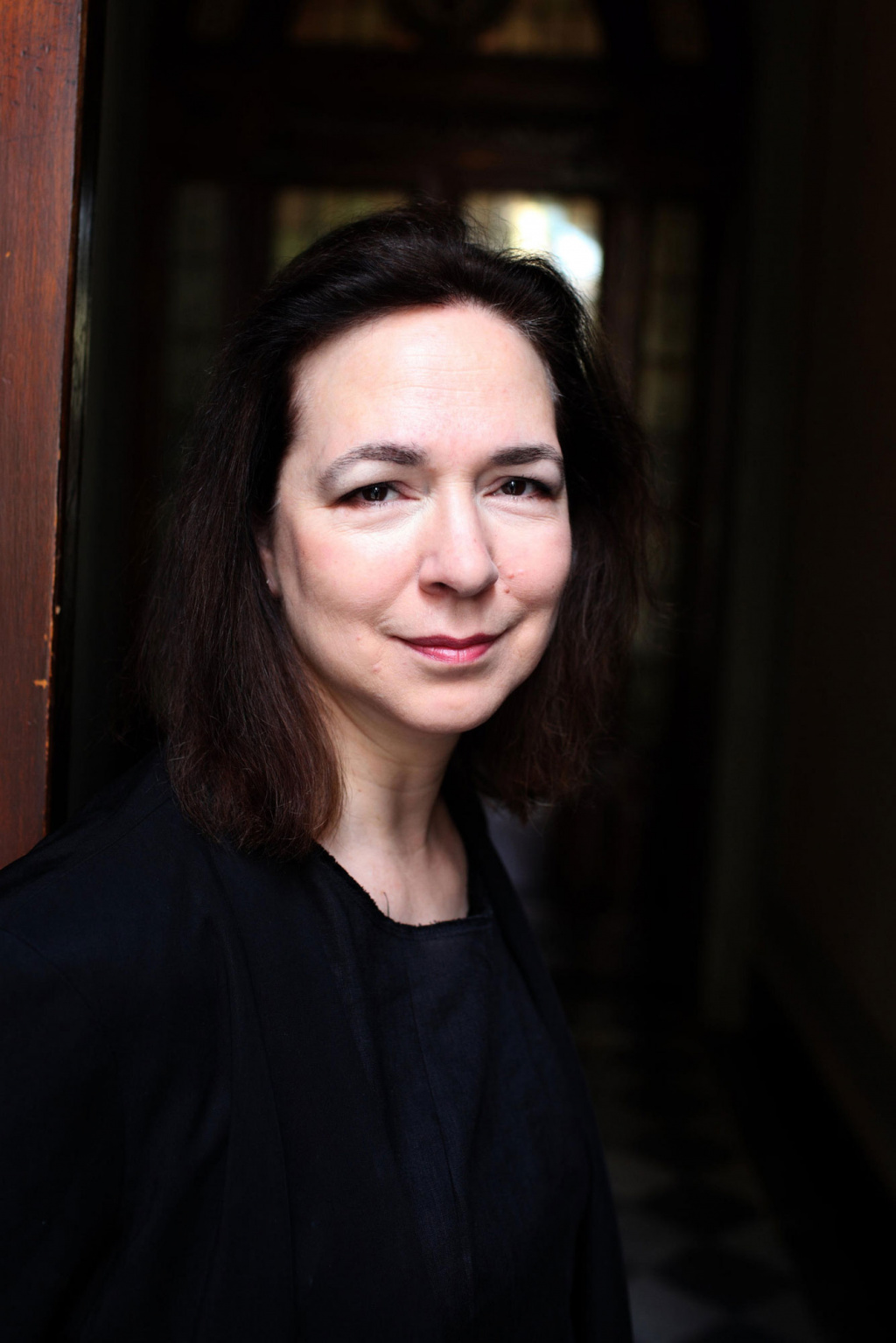
Portrait of Lorrie Moore in Florence, 2016. Photo by Basso Cannarsa/Opale.
What sacrifices have you made for your craft? For the craft? Or for the writing life and the opportunity to write what I please?
Probably a lot. I don’t like to think in that direction as it can fill one with anxiety.
Was there ever a moment when you wanted to stop pursuing writing?
No. That never occurred to me. At least not in a real way.
Do you ever find yourself losing perspective when you write?
To some extent one hopes to lose perspective—that means one is immersed. You can get your perspective back another day.
[rp4wp]
Did you feel self-doubt as you were building your career as a writer?
I never thought in terms of “building a career.” I have books I want to write and I hope I get to them all.
When you look at what other authors are writing now, who inspires you?
I have recently read through Rachel Cusk’s Outline trilogy twice. I’m also reading the new biography of Laura Ingalls Wilder titled Prairie Fires. It is full of interesting and alarming American history.
“To some extent one hopes to lose perspective—that means one is immersed. You can get your perspective back another day.”
What are some of the best books you’ve read this year?
Grant (Ron Chernow), Blue Dreams (Lauren Slater), Florida (Lauren Groff), Prairie Fires (Caroline Fraser), The Only Story (Julian Barnes), Belly Up: Stories (Rita Bullwinkel), Subcortical (Lee Conell), and the new forthcoming novel by Yiyun Li (Where Reasons End: A Novel).
Right now I’m reading Joseph Conrad – A Personal Remembrance by Ford Madox Ford, Hawthorne by Henry James, and Proust by Samuel Beckett. I’m also re-reading The Known World by Edward Jones and just finished a first-rate book of essays titled Interior States by Meghan O’Gieblyn.
Your new book See What Can Be Done includes the essay “On Writing” (1994). In this piece, you write that fiction writers are constantly asked if their work is autobiographical. Why do you think other creatives aren’t asked this question as much?
Well I’m sure poets and playwrights are. But in more abstract realms such as music and dance the art lives off and away from the literal.
In “On Writing” you describe the relationship of a writer to his or her own life as similar to a cook with a cupboard. What that cook makes from the cupboard is not the same as what’s inside the cupboard, but the ingredients find themselves into a writer’s work regardless. What’s inside your cupboard?
My entire life, I suppose. One can open it up and find some stray things like mice that just popped in there.
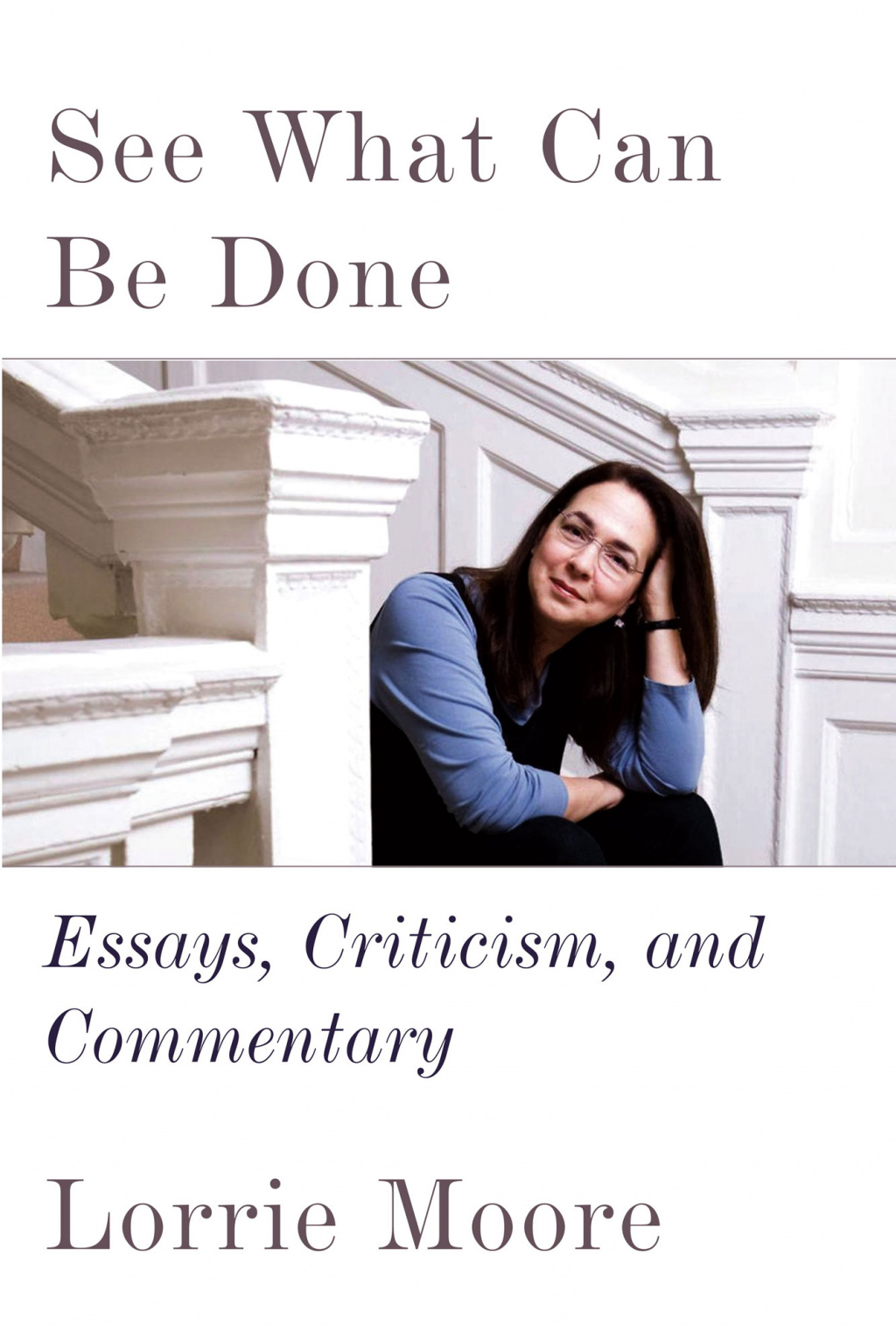
In the introduction of her new essay collection, Lorrie says she writes her reviews in first-person because: “One does not always have to write in the authoritative third-person voice of God: If you fail to sound like God (and you probably will), you may end up sounding like flap copy.” Image courtesy of Knopf.
In your interview with The Washington Post you recommend that See What Can Be Done not be read in its entirety nor in order. How should it be read?
Over a period of years, and somewhat randomly, using the table of contents to locate something of interest. I’m not going to say it’s a book one should keep in the bathroom—but it’s not the wrong room.
How do you receive criticism? Do you read reviews of your books?
I don’t really receive it. Sometimes I hear it knocking at the door. Sometimes it rings the bell and leaves a calling card. What can you do? You should mostly let it move on. Which is not to say that the whole enterprise of reviewing doesn’t interest me: It does. And what you notice is that sometimes it is done well and sometimes it isn’t.
This article originally appeared in the Fall/Winter 2018 issue of Sixtysix. Subscribe today.
